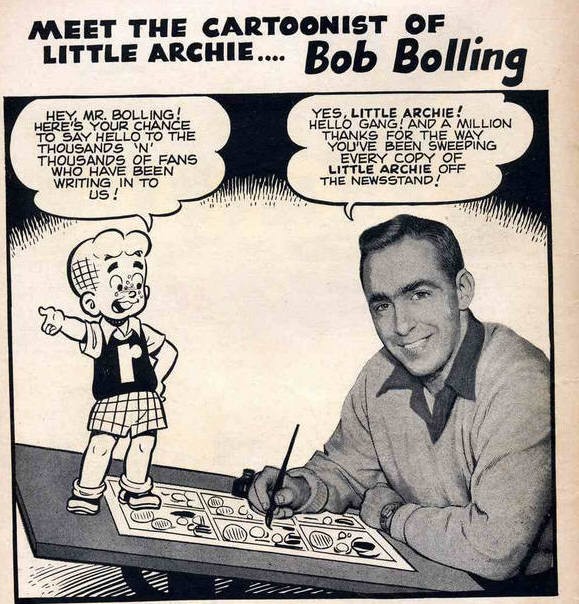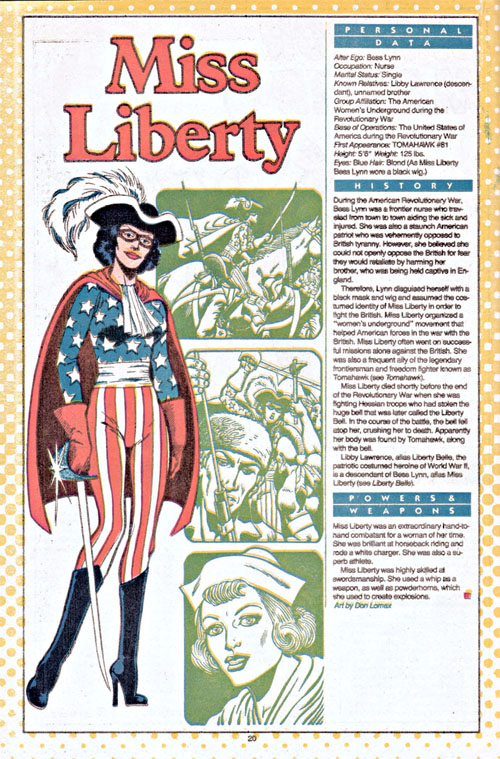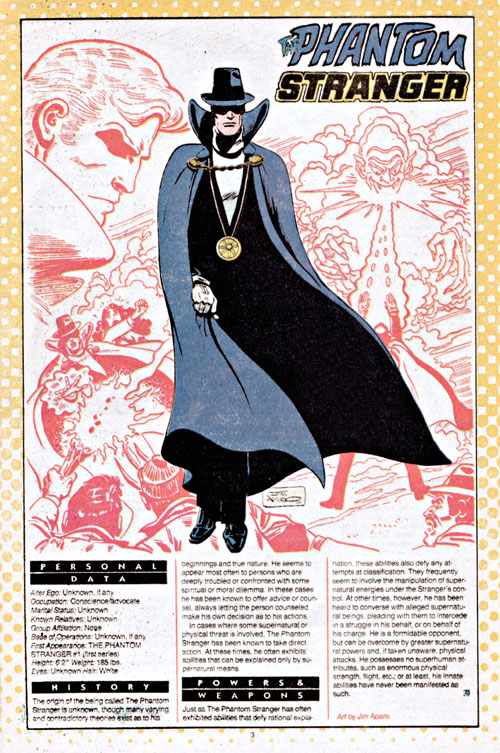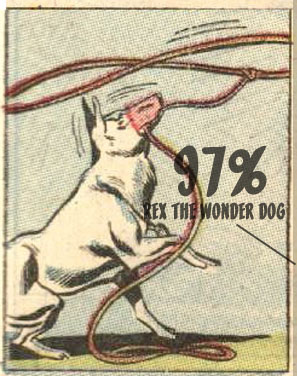Hey there, special internet friends. Justin again. I can do more than just make lists and slight Will Eisner’s contributions to comics as a medium, you know! I can also talk a little bit about the superhero comics that grabbed my imagination by the yarbles as a youth, and how I engage with them as an adult.
For example:
People are still hacked off about Amazing Spider-Man and the “unmarriage,” right? Aside from the continuity issues (which, you know, whatever), the most common complaint I’ve seen is the allegation that Peter Parker has become a shiftless, pathetic loser who’s in his mid-twenties but hasn’t matured at all since high school.
However, scarcely more than a year before, a Peter Parker who had managed to snag a full-time roster spot on the Avengers (complete with rent-free living) and become Tony Stark’s protégé was making fans equally uncomfortable.
Do you see, like I do, the weird sort of pulling that’s always been at the heart of Spider-Man as a continuing narrative, threatening to tear decades of uninterrupted stories apart? In order for fans to be happy, Peter Parker has to grow and change, but not too much.
The conceptual hook of Spider-Man back in the sixties, of course, was that he was a fallible superhero. Unlike Superman or the Flash, Spider-Man could make mistakes, and this made him relatable, because if you were a superhero, you’d probably screw it up once in awhile, too. This is all well and good, but it’s complicated by the Marvel innovation of having these characters change with the times and age, however slowly. See, Peter Parker’s been Spider-Man for … ooh, let’s be charitable and say ten years, comic-time.
Shouldn’t he have gotten really good at this at some point?
I mean, surely Peter should have learned how to juggle his private life and his superhero life by now. Stable relationships. Should probably have finished college, gotten a cushy job at a research laboratory; at the very least, he should be the photo editor at the Daily Bugle and not still freelancing.
But something about that doesn’t sit right: This portrait of what Spider-Man should be assumes a constant line of upward success. And that doesn’t always happen in real life, does it? We get laid off, get sick, get a run of bad luck. Get set back. This is what Spider-Man, after 47 years of stories or so, represents. Because Peter Parker’s life isn’t really one unending train ride of agony and torture…
…it’s one of mediocrity.
Imagine his life from an outside perspective (Mark Waid, it should be noted, does this very well). Peter was picked Most Likely To Succeed in high school, I’ll bet. Preternaturally gifted in science, backed by a strong work ethic. Even Flash Thompson and his pals, on some level, must’ve had it in the back of their heads that it’s kids like Parker who go on to become millionaires. But then one day, Peter seems to change. His work gets shoddier, he becomes undependable. Sure, there’s bound to be a rough patch when his uncle just got killed, but this change in behavior lasts long after any recognizable period of mourning. Suddenly it’s years later, and he never seems to have any money, he freeloads off his aunt, and he can never keep a damn appointment.
You might know somebody very much like that. And sure, he could just be lazy. But it’s possible, if you were to look into it, that you might find out that she was in an accident as a teenager and suffers from debilitating headaches that keep him from holding down a job. You might find out he had his credit card stolen and had his credit rating ruined. You might find out she moved out to Montana to be with this guy, but he took all her savings and invested it in his friend’s business that tanked, and when she moved back home she was penniless and alone. You might find out he suffers from clinical depression but has never been diagnosed.
You might find out he’s Spider-Man. And, if you’re the one that everybody’s written off, you might find out you’re Spider-Man, too.
And that, I believe, is how you reconcile “growth and change” and “not too much.” Because Peter Parker gets knocked down by the world all the time. When I was a kid, I remember when he’d quit being Spider-Man, gotten a swell research job in Oregon, and was expecting his first child with Mary Jane. And within a couple of months, Norman Osborn had basically rigged it so that the baby was gone and Peter was back freelancing at the Daily Bugle, taking classes part-time at college, and living with an elderly aunt (albeit a different one) again. Granted, most of our setbacks in life aren’t caused by psychotic, billionaire industrialists (or possibly they are and I am just extremely naïve), but look, the conflicts in superhero comics are entirely symbolic anyway, all right?
(Aside: The problem with the changes that came about from “One More Day,” of course, is that instead of being caused by an external agent like the Green Goblin, Peter Parker basically asked for them himself. I understand that, and I agree that, with all of the reality-warping, way-out-there ways of retooling continuity available to you in a superhero universe, Marvel having its flagship hero make a deal with the devil is a dumb way of doing it. But I’m really enjoying Amazing Spider-Man right now, and at some point, don’t you have to stop punishing Dan Slott, Mark Waid and the rest for things somebody else did a couple years ago?)
Spider-Man is a million-dollar franchise, and don’t you forget it; Marvel can’t have it stray too much from whatever they’re putting on backpacks at Target, or what made the character so popular in the first place. So you get cyclical growth: they let him mature a little bit and send him off in new directions, but then they have to hit the reset button every few years. And that is Peter Parker’s Damn Good Excuse: he’s never going to grow up because he’s never going to be allowed to grow up.
But just like Sisyphus, he keeps rolling that rock up the hill. Sure, maybe I’ll try to go back to college, maybe I’ll try to get that new job, maybe I’ll try to strike up a meaningful relationship with that girl, even though I know the Green Goblin or Mephisto or a nostalgic editor is going to take it all away from me eventually. That sounds paranoid, but it’s not paranoia if they really are out to get you, is it?
But Spider-Man tries, dangnabbit. And if we’re supposed to leave the cosmic, epic triumphs to the Avengers and the Fantastic Four, maybe we can let “the superhero who could be you” have those small, moral victories.











